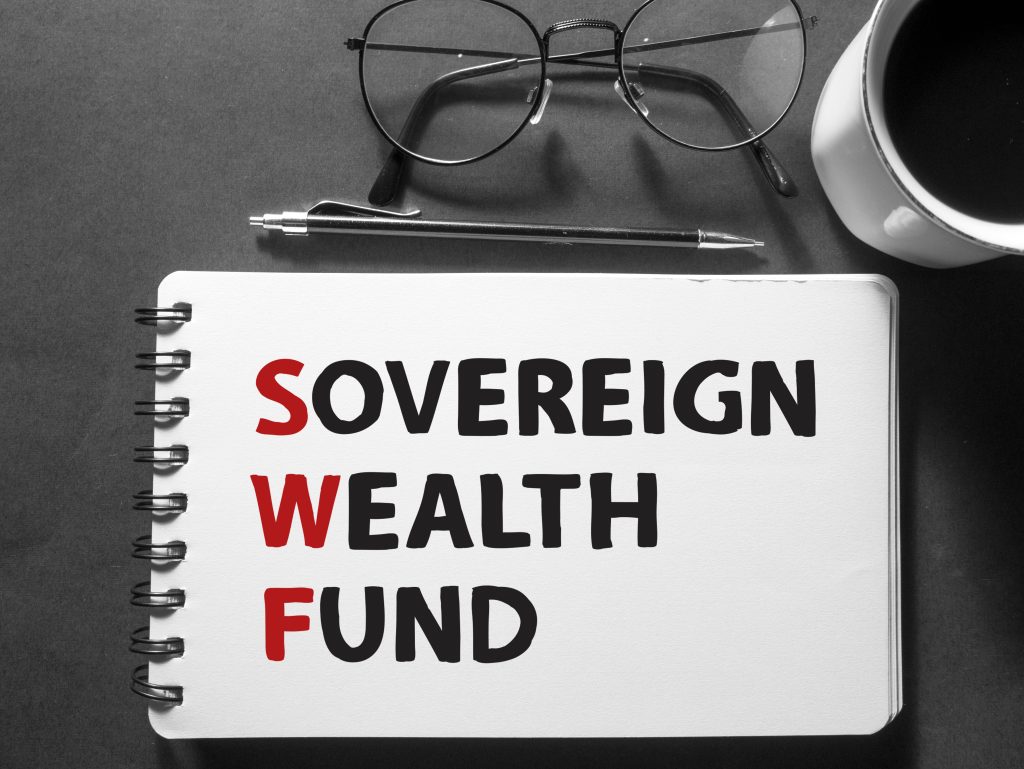Across the international scene, Middle Eastern sovereign wealth powerhouses have been notable for their aggressive investment strategies. The Saudi Public Investment Fund (PIF) and Abu Dhabi’s Mubadala, which collectively manage over $1 trillion in assets, are extending their reach well beyond their borders, casting a wide investment net.
Recent data from GlobalSWF, a tracker of sovereign wealth fund activities, indicates that Middle Eastern funds accounted for over half of the $96 billion invested by state-backed funds worldwide in the first half of 2024. A significant emphasis has been placed on the technology sector, partly driven by the need to diversify economies and initiatives such as Saudi Arabia’s Vision 2030.
In 2017, these funds committed a staggering $60 billion to the SoftBank Vision Fund, a major player in venture capital that has supported a range of startups including ByteDance and Uber. Today, PIF and Mubadala continue to invest billions into sectors like electric vehicles and fintech, although not all investments are faring well.
Recently, both funds have had to confront the realities of tech investments not meeting expectations. For instance, PIF has reaffirmed its support for Lucid, the electric vehicle manufacturer it majorly owns, by injecting an additional $1.5 billion. This funding is composed of a $750 million purchase of convertible preferred stock and a $750 million loan to Lucid at a pivotal moment.
Despite Lucid’s challenges in a market wary of clean-energy vehicles due to economic conditions, the firm is focused on producing luxury electric vehicles. The Lucid Air is marketed as an exceptional electric sedan, starting at $69,900.
Lucid, now revitalized by Saudi investment, still faces the peril of relying indefinitely on such financial backing. In addition, PIF has had to provide financial support to Magic Leap, an augmented-reality company it gained majority ownership of in 2022, with a $750 million investment from the beginning of last year through July 2024.
With forecasted financial needs, Magic Leap will likely require additional funding in the near future. The question remains whether PIF will continue to support Magic Leap’s long-term vision, as the company has been working for 14 years to realize its goals in immersive technology.
Abu Dhabi’s Mubadala has also been active in managing its tech investments, striving to improve returns on European startups despite market volatility affecting valuations and prompting strategic changes.
Despite these challenges, both Mubadala and PIF maintain strong financial positions. Mubadala reported a 9.4% increase in assets under management in 2023, while PIF returned to profit after a loss in 2022.
As these funds continue their global investment journey, they aim to be seen as sophisticated and astute investors. Yet, the reality of faltering tech investments is a harsh one to confront, and the funds will need to navigate these waters carefully.
